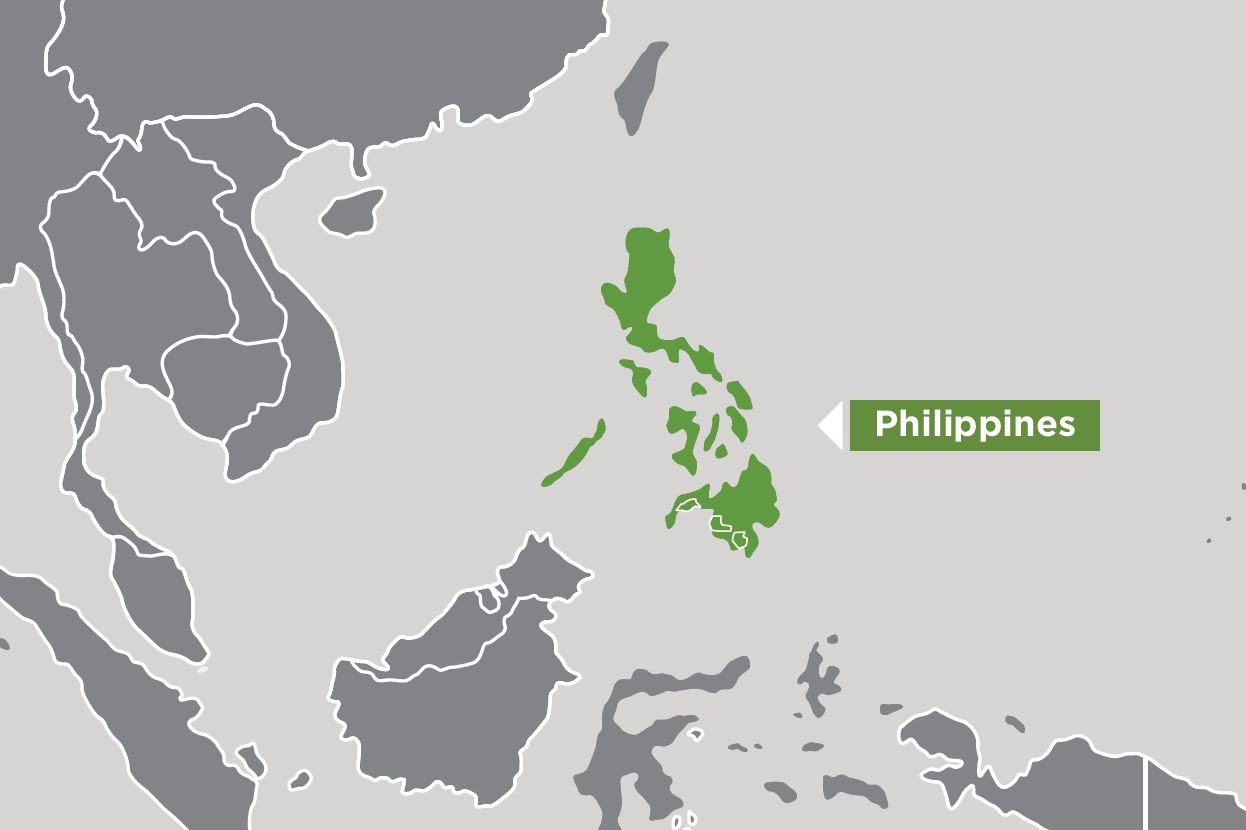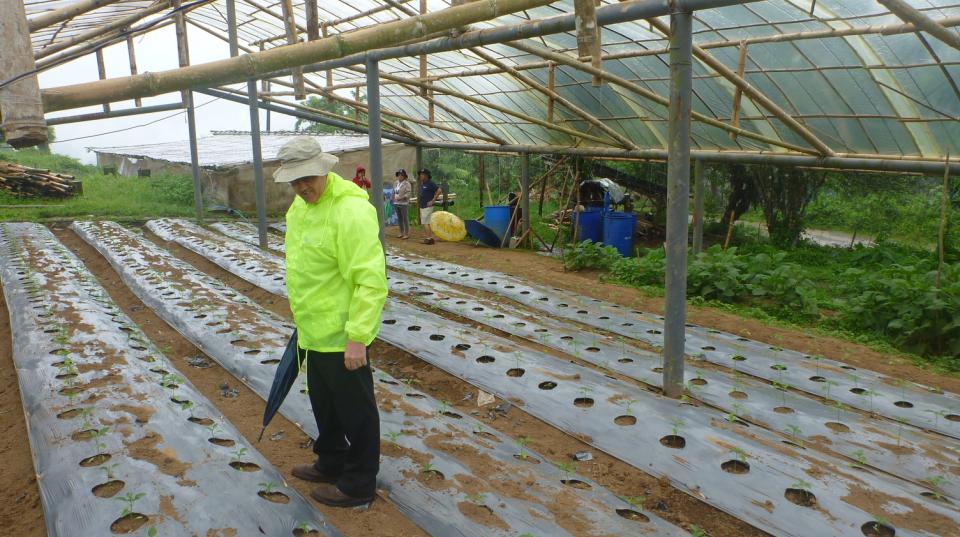Overview
This project aimed to improve the value of information flows between the Philippines’ meteorological agency PAGASA and key decision-makers involved in managing climate and weather risk of smallholder farmers.
Smallholder farmers in the Philippines have always been vulnerable to extreme weather events and year-to-year climate variability, for various reasons.
The country’s national framework strategy for climate change adaptation and disaster risk reduction (DRR) envisions a climate risk-resilient Philippines with healthy, safe, prosperous and self-reliant communities, and thriving and productive ecosystems.
There is growing interest in understanding how agricultural development can draw on lessons from DRR to minimise climate-related damage and build more climate-resilient farming systems.
The country’s meteorological agency, PAGASA, has the international support and internal skills and resources to provide an expanding set of weather and climate information. The challenge is to improve the use and usefulness of this information by smallholder farmers.
The project is using applied socio-economics to understand the decision-making context; establish the potential value of information; observe the barriers to use of information; and research ways to improve communication and use.
Project outcomes
- Greater capacity of smallholder farmers to use climate information to manage weather and climate risks to improve their livelihoods.
- Potential economic returns given the: considerable climate risks in Philippine agriculture; information from climate science; resources with valuable local knowledge of farming systems that can use climate information; frameworks to link climate science to decision-making that could improve the management of climate risks, reduce poverty for smallholder farmers and increase returns.
- Agricultural development assisted by more stable decision-making, helping to reduce poverty and stimulate economic growth.
- Viable rural livelihoods reducing some of the pressure and problems of rapid urbanisation.






